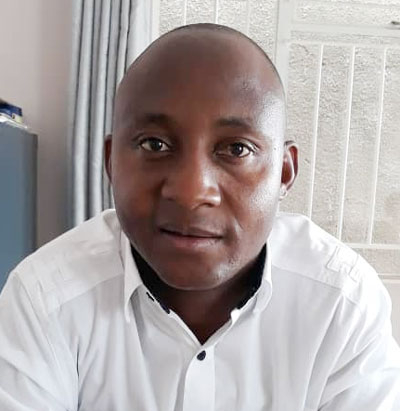
guest column:Johannes Marisa
THE medical industry is a delicate sector as it deals with matters of life and death. There has never been trust among medical aid societies, service providers and patients since time immemorial in our country.
There are so many types of health insurances policies in this world and these include social insurance, tax-based insurance, private and out-of-pocket insurance.
Zimbabwe has around 10% of its citizens insured medically and these fall under private insurance.
There are now over 30 registered medical aid societies in Zimbabwe, some of which continue to perform dismally on the market.
Michael Porter in 1979 came up with the five forces model in an attempt to explain the forces that shape competition within an industry.
It is also an analytical tool that helps many managers adjust their strategies to suit the competitive environment and improve revenue.
The emergence of new medical aid societies that offer capitation services to service providers will soon shake the medical industry.
- Chamisa under fire over US$120K donation
- Mavhunga puts DeMbare into Chibuku quarterfinals
- Pension funds bet on Cabora Bassa oilfields
- Councils defy govt fire tender directive
Keep Reading
Service providers have been bullied by some of these so-called medical aid societies which often dictate how things must be in the industry.
It is time for us as practitioners to stand up against malpractices at such medical aid societies which disadvantage us and reclaim our yesteryear glory.
Medical service’s main players are the service provider and patient and all other people who come as middlemen should not terrorise either of the parties.
It is disheartening that the acrimony between medical aid societies and service providers has not been resolved for a long time now.
Some medical aid societies have refused to honour claims sent to them for payment, which is unfair considering that medical service would have been rendered.
Who will pay the service providers who would have incurred costs on medicines, surgicals, personal protective equipment, salaries, rentals et cetera?
It is unnerving that majority of medical aid societies refuse to pay while at the same time buying themselves luxury cars and awarding themselves massive perks at the expense of their clients.
The consequences will be felt by their contributing members who will not get the appropriate services when they are sick.
The service providers will simply reject the medical aid cards and opt for cash in order to survive.
Quite often, the service providers are blamed merely because of misinformation. The following are some of the reasons why many service providers have lately rejected majority of medical aid cards:
lThe meagre payments made by some medical aid societies to service providers are not only ridiculous but provocative. Last week, a prominent medical aid society paid me $148 (US$2) after three months of non-payment.
Honestly, do you expect me to continue accepting the same card holder? Patients should understand that service providers demand cash up-front because they need to survive and run their practices well.
lRidiculously long claim turnover at many of the medical aid societies. Under the law, the claim forms should be honoured within 60 days. Despite this, there are many medical aid societies that have not honoured their obligations for the past five months.
Honestly, how do these societies expect us to survive in an economy where we are virtually buying everything using hard cash? Very soon, we will name and shame the truant medical aid societies that have terrorised the medical industry.
I am not hesitant to mention the good performers lately who have been honouring claims and these include Cimas, First Mutual, Ultramed, Access Medical, Alliance and Savelife.
Can those truant medical aid societies borrow some ideas from some of the good performers?
lThe dictation by medical aid societies in the medical industry has sapped the energy of service providers.
Since time immemorial, medical aid societies have imposed tariffs on service providers. In 2015, government proposed a consultation fee of US$35 for a general practitioner which the medical aid societies did not honour.
One wonders where they get their supernatural powers of defying government.
Nothing was done and the status quo. The private practitioners are now under one association, that is scientists, doctors, nurses, physiotherapists.
They are now affiliated to the Medical and Dental Private Practitioners Association of Zimbabwe.
This association has appreciated that private practitioners have unique grievances and objectives which are different from the public health delivery system.
Private practice has stood firm even in this COVID-19 era when the public system was virtually grounded.
Special appreciation should be given to this important sector. It seems we have scored against COVID-19 though we ought to remain vigilant as a nation.
The emergence of practitioner-owned medical aid societies can be a game changer if the traditional medical aid societies continue with their outrageous antics.
It is time to engage private practitioners seriously if medical aid societies are going to survive the smothering heat immediately ahead.











